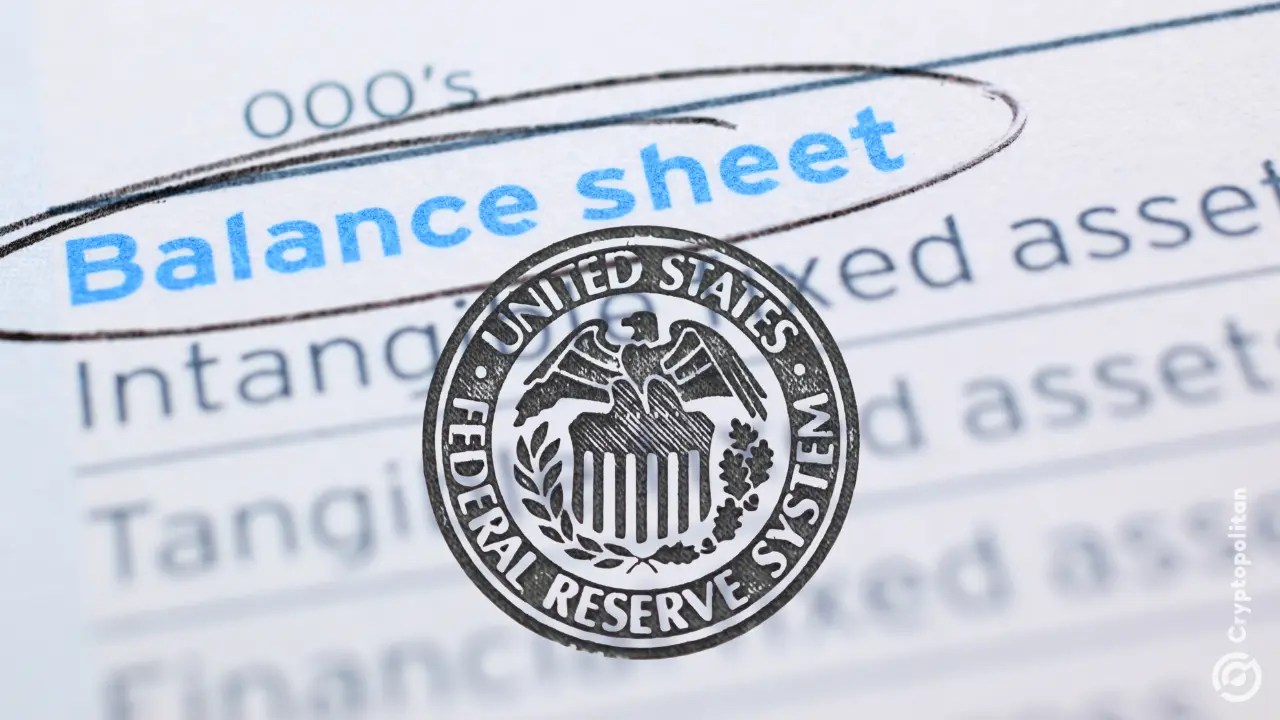Tariff Readiness For COOs
The post Tariff Readiness For COOs appeared on BitcoinEthereumNews.com. When it comes to actions and reactions on tariffs, many companies are confused about what to do. We see clients who are wondering if tariffs will stick or lobbying for products to be exempt. Others are making products in Mexico with packaging from elsewhere and are weighing their next moves. Others still are trying to work out their enterprise’s tariff exposure compared to their competitors, knowledge that will directly inform strategy. As global trade policies evolve, operations leaders are under intense pressure to ensure their supply chain and procurement strategies are resilient and future proof—or as future proof as they reasonably can be. Making the right decisions involves balancing immediate needs with future uncertainties. Understanding the difference between near-term and long-term strategies is crucial. Chief Operating Officers (COOs) need to be preparing their organizations for the challenges and opportunities presented by tariffs. Whether you’re looking to mitigate risks, optimize costs, build long-term resilience, figure out your tariff exposure relative to your competitors’, or seize the opportunity to make major changes to your supply chain and products, a response playbook helps you stay ahead in a dynamic market. Key tariff readiness questions It is essential for COOs to ask a few key questions to assess their current situation and identify areas that need attention. Which of your product categories are most susceptible to new tariffs? Understanding the impact on your external spend is crucial. If a significant portion of your raw materials or finished goods comes from countries with looming tariff changes you need a clear picture of how this will affect your costs. Will you adjust your inventory strategy to buffer against potential disruptions, or can you optimize production schedules to mitigate the impact? In this moment, nimble inventory management approaches can yield substantial benefits. Which of your suppliers are…

The post Tariff Readiness For COOs appeared on BitcoinEthereumNews.com.
When it comes to actions and reactions on tariffs, many companies are confused about what to do. We see clients who are wondering if tariffs will stick or lobbying for products to be exempt. Others are making products in Mexico with packaging from elsewhere and are weighing their next moves. Others still are trying to work out their enterprise’s tariff exposure compared to their competitors, knowledge that will directly inform strategy. As global trade policies evolve, operations leaders are under intense pressure to ensure their supply chain and procurement strategies are resilient and future proof—or as future proof as they reasonably can be. Making the right decisions involves balancing immediate needs with future uncertainties. Understanding the difference between near-term and long-term strategies is crucial. Chief Operating Officers (COOs) need to be preparing their organizations for the challenges and opportunities presented by tariffs. Whether you’re looking to mitigate risks, optimize costs, build long-term resilience, figure out your tariff exposure relative to your competitors’, or seize the opportunity to make major changes to your supply chain and products, a response playbook helps you stay ahead in a dynamic market. Key tariff readiness questions It is essential for COOs to ask a few key questions to assess their current situation and identify areas that need attention. Which of your product categories are most susceptible to new tariffs? Understanding the impact on your external spend is crucial. If a significant portion of your raw materials or finished goods comes from countries with looming tariff changes you need a clear picture of how this will affect your costs. Will you adjust your inventory strategy to buffer against potential disruptions, or can you optimize production schedules to mitigate the impact? In this moment, nimble inventory management approaches can yield substantial benefits. Which of your suppliers are…
What's Your Reaction?




































